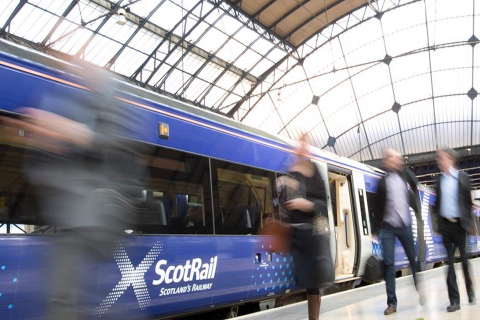New Iran-Iraq railway to move pilgrims from road to rail

After agreeing on building a new cross-border rail link in 2021, Iranian and Iraqi officials formally opened construction of the line by laying a foundation stone last weekend. The Iran-Iraq railway is expected to be constructed in 1,5 years.
Want to read more?
You have read all of your free premium articles for this month. Please become a subscriber to keep reading.
Subscribe now!
Take advantage of our exclusive offer to get full access to all premium content.




